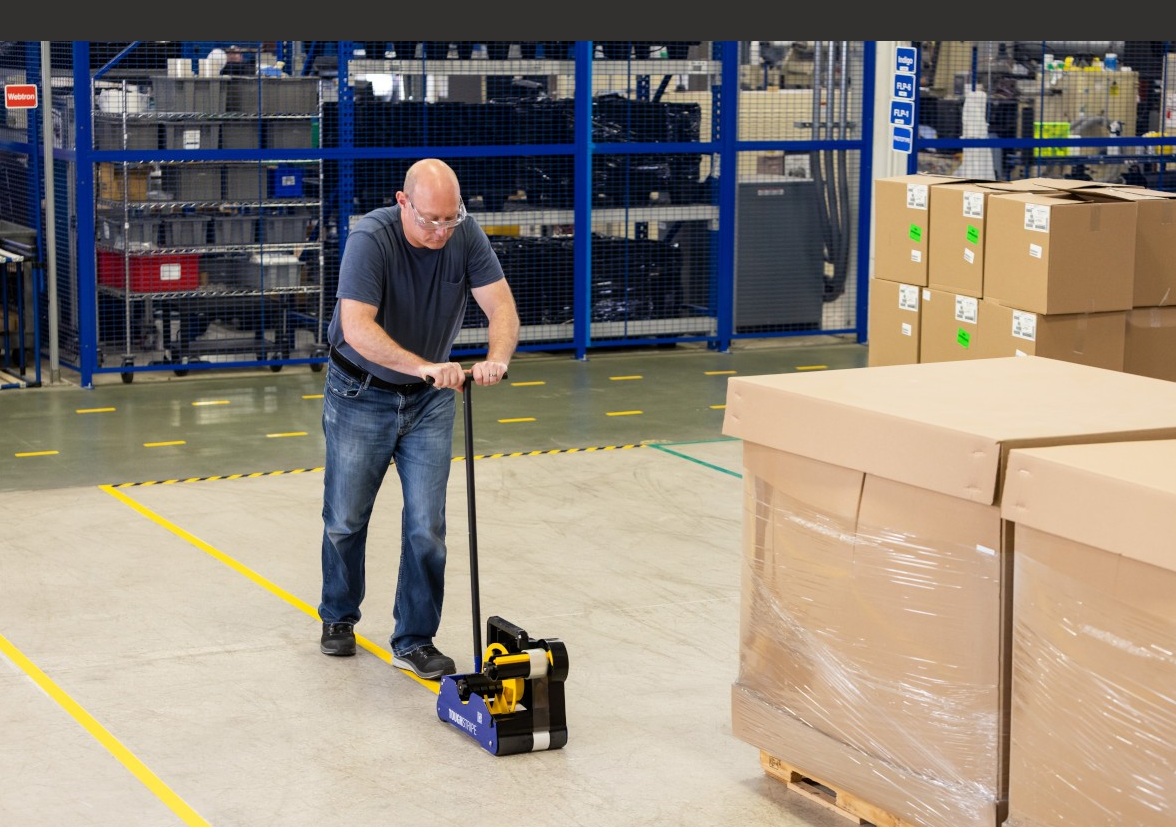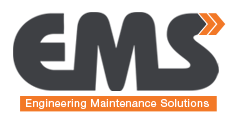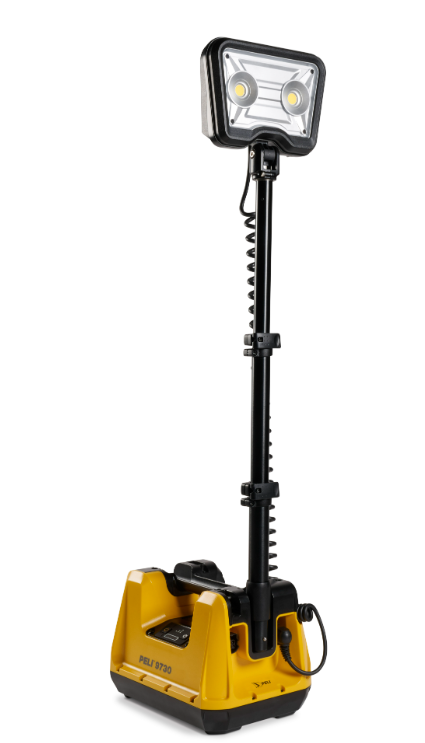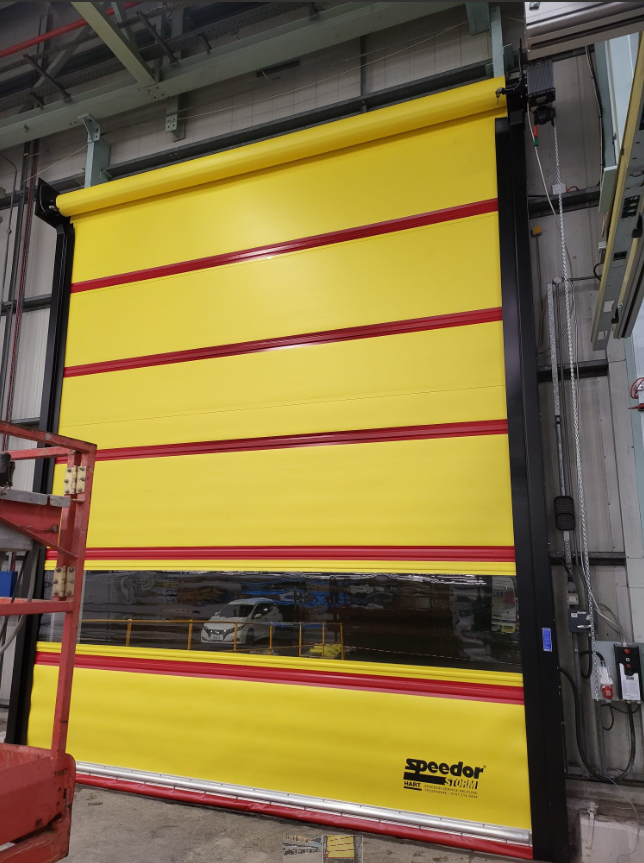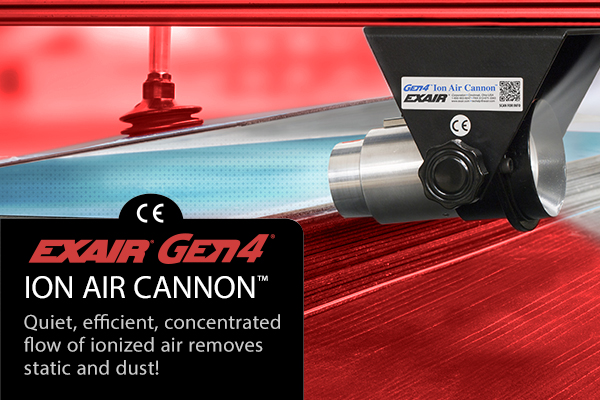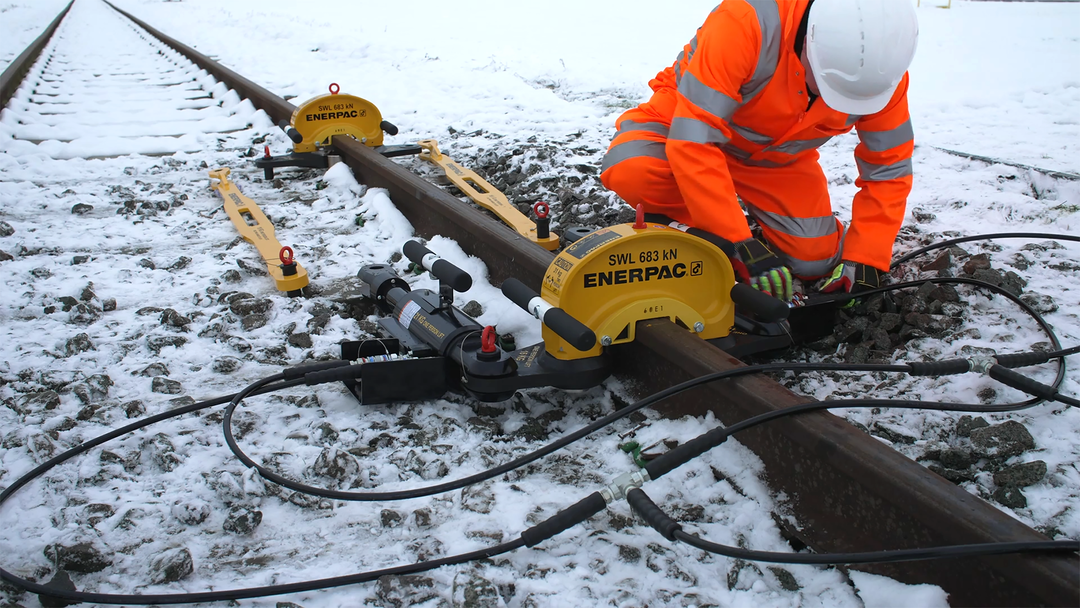Smart Manufacturing Week (SMW), the UK’s largest festival of advanced manufacturing and engineering, returns to the NEC Birmingham on 3-4 June 2026. Bringing together a powerhouse portfolio of events – Smart Factory Expo, Maintec, Drives & Controls and Design + Engineering Expo, Manufacturing Digitalisation Summit and The Manufacturer Top 100 Awards – SMW once again promises to be the focal point for innovation, insight and industry collaboration.
Building on the success of 2025, which welcomed more than 13,500 visitors alongside 450+ exhibitors and over 200 speakers, Smart Manufacturing Week 2026 is set to be even bigger and more ambitious. With increased international participation expected, the event will deliver an expanded showcase of technologies, ideas and expertise shaping the future of manufacturing. Visitor registration is now open: https://bit.ly/3YyoXGB
Reflecting on last year’s success, Chris Allen, Marketing Manager of Smart Manufacturing Week, noted the event's unique value in the market: " Smart Manufacturing Week brings the industry together each year — not just to showcase technology, but to share ideas, solve problems and genuinely connect. It’s a place where conversations spark innovation.”
SMW 2026 will feature a strong lineup of leading global exhibitors, including Beckhoff, Solutions PT, Epicor, Ericsson, Produtech, FANUC, Sage and many more. Alongside many other major industry players, the exhibition floor will provide a comprehensive view of the technologies driving manufacturing forward.
New for 2026 is Factory of the Future, a fully immersive, walk-through demonstrator bringing connected, intelligent and sustainable manufacturing to life. Visitors will be able to see live, hands-on demonstrations showcasing Industry 4.0 technologies including robotics, AI, digital twins and predictive maintenance working together to make transformation tangible and bridge the gap between ambition and implementation.
Another dynamic new feature for 2026 is Fight Fest, a competitive element located within the Drives & Controls Expo. Taking place on the Accu Bots stand, this high-energy robot fighting competition is aligned with automation and robotics, a core event theme.
Designed to encourage engagement and hands-on experience in engineering, the event will see students, enthusiasts and hobbyists from across the UK compete against each other using custom-made robots - and alongside professional teams - live over the two days.
Entry for this element of the exhibition won't be open to visitors. Rather, organised teams will select their robots beforehand and fight periodically throughout the day. It is a tournament running across the two days of the event with the grand final taking place at the end of day 2.
While a fun feature of the show floor, Fight Fest showcases the need to engage and develop the next generation of engineers who must be proficient in mechanical design, programming and prototyping to meet the demands of the smart factories of the future.
Education remains central to Smart Manufacturing Week, with a free programme delivered across seven solutions theatres. Topics include Digital Transformation, Industrial Data & AI, IIoT & Connectivity, Product Design & Innovation, Automation & Robotics, Leadership & Strategy, Supply Chain Resilience, Sustainability, Marketing & Sales, Workforce Development and Skills, and Maintenance.
SMW 2026 will continue its commitment to inspiring the next generation through its dedicated STEM Programme, Manufacturers and Engineers of the Future, in a dedicated timeslot on day two. Hundreds of students and apprentices will engage directly with industry professionals, gaining hands-on exposure to advanced manufacturing and engineering — designed to spark curiosity, ambition and a sense of what’s truly possible in the sector.
Alongside the main exhibition, a series of high-profile satellite events will return, including The Manufacturer Top 100 Awards and the Manufacturing Digitalisation Summit. The two-day summit unites senior leaders from across the UK’s manufacturing sector to solve pressing industry challenges and unlock the full potential of digital technologies for productivity, efficiency, and growth.
At Smart Manufacturing Week, the festival vibe comes alive with live performances throughout, unexpected surprises, and immersive visuals — all designed to inspire, entertain, and connect attendees.
Grace Gilling, Event Director at Smart Manufacturing Week said: “Smart Manufacturing Week 2026 is all about bringing the future of advanced manufacturing and engineering to life. This year, we’re introducing brand-new features designed to showcase the very best the industry has to offer — and give attendees and exhibitors the platforms to connect, find solutions, and be inspired. Our Meet the Buyer programme will help visitors source the solutions they need to make their businesses more efficient and profitable in 2026 in a time-efficient way, ensuring every moment at the show delivers real value.
“The Factory of the Future is our stand-out new addition — a fully immersive, walk-through demonstrator that brings connected, intelligent, and sustainable manufacturing to life. Visitors will experience live, hands-on demonstrations showing how robotics, AI, digital twins, predictive maintenance, and connected production lines work together in a single, interactive ecosystem. It’s designed to make transformation tangible, close the gap between ambition and implementation, and give leaders the confidence to take the next step. The Future Stage will showcase bold ideas and breakthrough thinking from pioneering innovators, offering a platform for discussion, insight, and debate on the technologies and strategies shaping the next decade.
“Meanwhile, the expanded Ambassador Programme brings even more industry leaders and expert voices into the conversation, creating additional opportunities for networking, learning, and inspiration." Together, these features make Smart Manufacturing Week 2026 an ever-growing festival for all facets of industry — it’s the destination for industrial transformation, and a glimpse of what manufacturing and engineering can achieve today and tomorrow.”
Register now to secure your place at the UK’s most anticipated manufacturing event of the year: https://bit.ly/3YyoXGB
